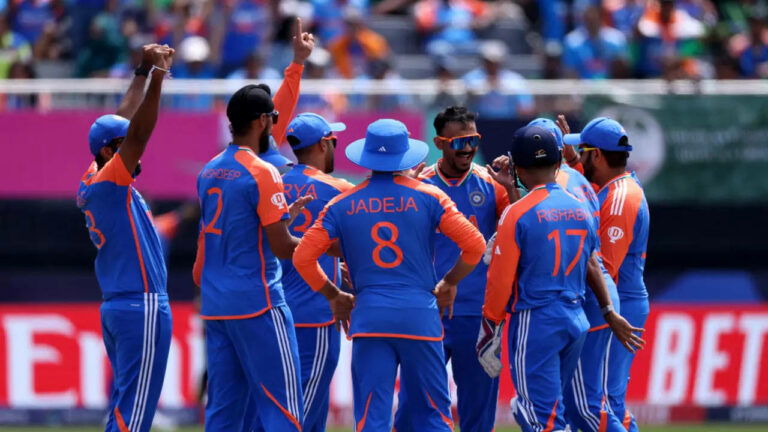Cricket’s Role in Conflict Resolution and Reconciliation Efforts
11xPlay, Allpaanel: Cricket’s potential to bridge divides and foster harmony among conflicting groups dates back to the late 19th century when the sport became a platform for reconciliation in post-colonial societies. The game’s intrinsic values of fair play, teamwork, and respect have transcended cultural and political boundaries, making it a powerful symbol of unity and understanding.
During periods of conflict and tension, cricket has played a pivotal role in bringing communities together, fostering dialogue, and promoting reconciliation. Whether through friendly matches between rival factions or international tournaments that transcend geopolitical differences, the sport has a unique ability to break down barriers and build connections among people from diverse backgrounds.
Cricket’s Influence on Diplomatic Relations Between Nations
Cricket, a sport deeply ingrained in the cultural fabric of many nations, has played a vital role in shaping diplomatic relations between countries. Through friendly matches and international tournaments, cricket has provided a platform for nations to engage in peaceful competition and foster mutual understanding. The shared enthusiasm for the sport has often transcended political differences, allowing for moments of unity and camaraderie on the field.
In times of strained relations, cricket has served as a diplomatic tool to bridge gaps and promote dialogue between nations. The game’s ability to bring people together, regardless of their backgrounds or beliefs, has led to several instances where cricket matches have facilitated diplomatic breakthroughs and eased tensions between countries. By emphasizing sportsmanship and teamwork, cricket has proven to be more than a game, but a conduit for building bridges and promoting peace on the global stage.
Case Studies of Cricket Matches Facilitating Reconciliation
Cricket has acted as a powerful vehicle for fostering reconciliation among nations with a history of conflict. The sport’s ability to transcend political tensions was evident in the 2004 cricket series between India and Pakistan. Despite strained bilateral relations, the matches provided a platform for goodwill and unity, encouraging peaceful interactions between the two rival nations. The spirit of sportsmanship and camaraderie showcased during these games played a crucial role in easing diplomatic tensions and paving the way for constructive dialogue.
Similarly, the historic cricket match between South Africa and England in 1994 symbolized the end of apartheid and the beginning of a new era of reconciliation in the country. The game served as a unifying force, bringing together people from diverse backgrounds to celebrate a shared passion for cricket. Through this match, cricket played a significant role in breaking down racial barriers and fostering a sense of national unity, setting the stage for the transformation and healing of a divided nation.







